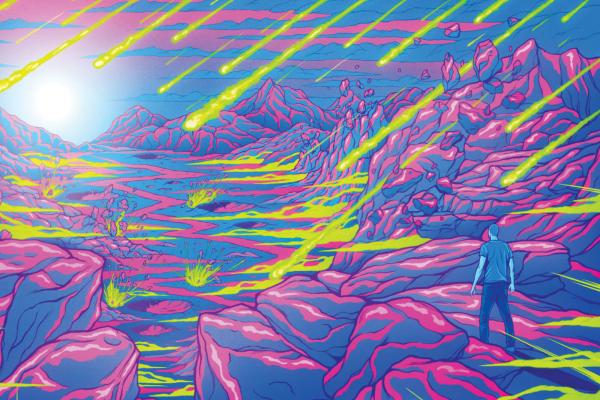I HAVE WORKED WITH progressive Christians for a very long time, and I’ve noticed that too much talk about heaven seems to embarrass them.
Many people I’ve encountered have been eager to talk about the gospel of social justice but much less enthusiastic talking about eschatology. They seemed happy, for example, to talk about the feeding of the 5,000, but not so much about the Book of Revelation or the apocalypse.
Read the Full Article

Already a subscriber? Login
